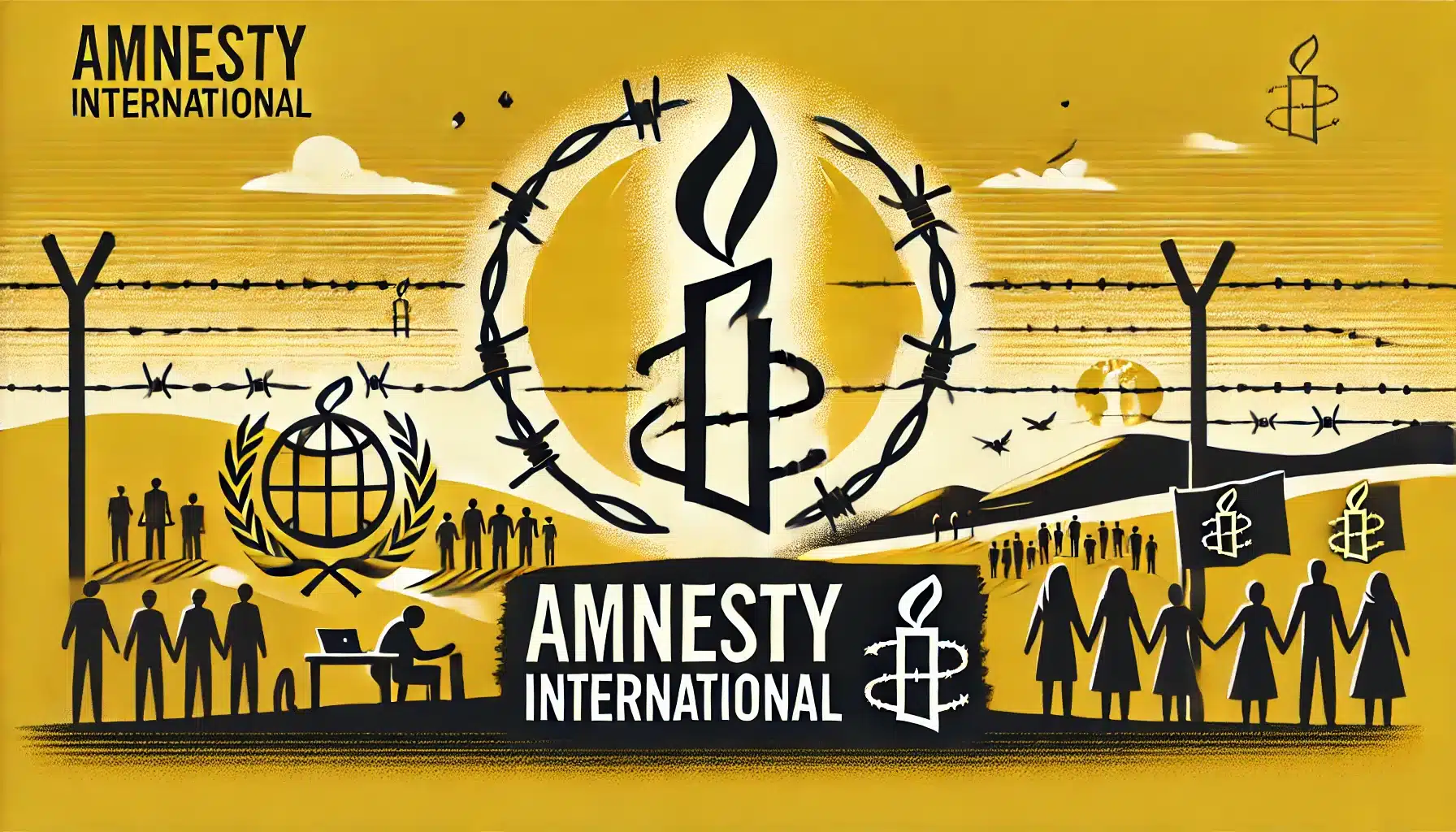Amnesty International has condemned the Aprajita Woman and Child (West Bengal Criminal Laws Amendment) Bill, 2024, passed by the West Bengal Legislative Assembly, which introduces the death penalty for rape leading to the victim’s death or a vegetative state. The Bill, passed on September 3, 2024, i

On September 3, 2024, the West Bengal Legislative Assembly passed the Aprajita Woman and Child (West Bengal Criminal Laws Amendment) Bill, 2024, a significant legal development aimed at curbing sexual violence. The Bill, which introduces the death penalty for rape cases that result in the victim’s death or leave them in a vegetative state, received unanimous support from the state’s ruling Trinamool Congress (TMC) and the opposition Bharatiya Janata Party (BJP). However, the law has attracted criticism from human rights organizations, including Amnesty International, for its use of capital punishment.
Key Features of the Aprajita Bill
- The Aprajita Bill amends the Bharatiya Nyaya Sanhita (BNS), 2023, and related laws governing sexual offenses.
- The Bill mandates the death penalty for cases where the rape victim dies or is left in a vegetative state.
- The law also imposes strict timelines on the justice process, requiring investigations to be completed within 21 days and trials within 30 days, significantly shorter than the BNS timeline of two months.
- The Bill is named after the Sanskrit word “Aprajita,” meaning invincible, symbolizing empowerment and protection for women and children.
Context of the Bill’s Passage
- The Bill was introduced following the rape and murder of a trainee doctor at R.G. Kar Medical College and Hospital in Kolkata on August 9, 2024. This horrific crime led to widespread protests across India, demanding stricter laws to deal with such offenses.
- The West Bengal government responded to the public outcry by drafting and passing the Aprajita Bill, positioning it as a “model and historic law” to deter sexual violence and expedite justice.
Amnesty International’s Criticism
- Amnesty International condemned the Bill’s use of the death penalty for rape, arguing that it is not an effective solution to the problem of sexual violence.
- Aakar Patel, Chair of the Board at Amnesty International, stated: “The death penalty is never the solution, nor would it offer a ‘quick fix’ to prevent violence against women.”
- Amnesty pointed out that neither the Justice Verma Committee (formed in 2012 to reform India’s laws on sexual violence) nor the Law Commission of India has endorsed the death penalty for such crimes.
Call for Systemic Reforms Over Harsher Punishments
- Amnesty International emphasized the need for systemic reforms rather than focusing on harsher punishments.
- Patel added: “What is actually needed is far-reaching procedural and institutional reform that deals with the root causes of crime and puts emphasis on its prevention.”
- Amnesty urged the Central Bureau of Investigation (CBI) to conduct a thorough investigation into the Kolkata rape case but warned against resorting to capital punishment as a form of justice.
Broader Implications of the Bill
- The Bill’s provisions could apply to previous rape cases in India, such as the Aruna Shanbaug case. Shanbaug, a nurse, was sexually assaulted in 1973 and remained in a vegetative state for over 40 years until her death in 2015. Under the new law, similar cases would qualify for the death penalty.
- The Aprajita Bill has been hailed by the West Bengal government as a milestone in the fight against sexual violence, with the state positioning itself as a frontrunner in implementing strict penalties.
Amnesty’s Position Against the Death Penalty
- Amnesty International reiterated its long-standing opposition to the death penalty, citing it as a violation of the right to life under the Universal Declaration of Human Rights.
- The organization maintains that capital punishment does not act as a deterrent and called for more comprehensive legal and procedural reforms to address the issue of sexual violence in India.
Source: AMNESTY INTERNATIONAL





